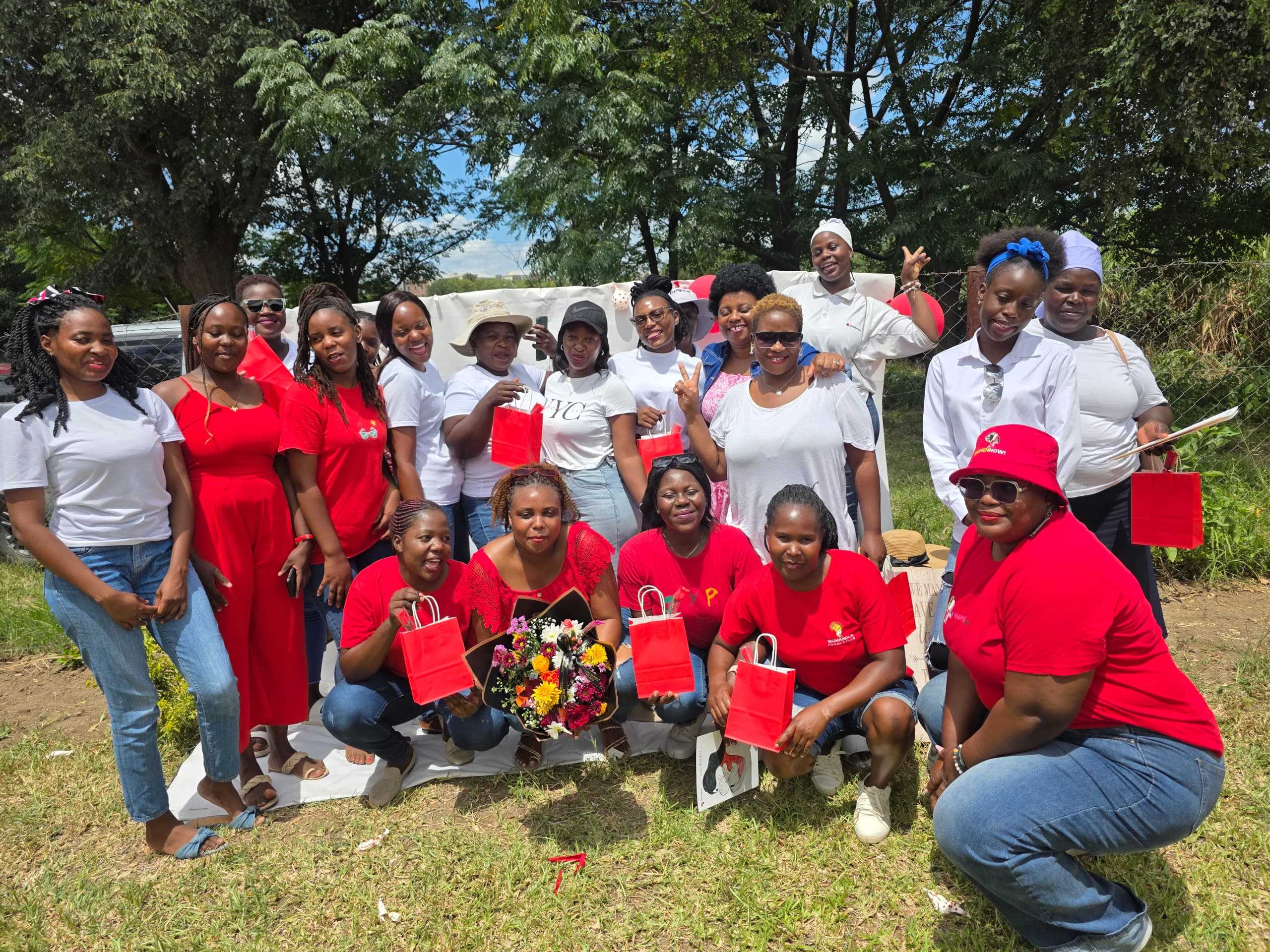
Zim Now Writer
United Nations Children’s Fund has called for increased focus on children in the cholera response as cases of the disease continue to rise in Southern Africa.
Since 2023, 13 countries in the region have battled one of the worst cholera outbreaks to hit the region in years and as of January 15, 2024, more than 200 000 cases, including over 3 000 deaths, have been reported.
Unicef Regional Director for Eastern and Southern Africa, Ms Etleva Kadilli expressed deep concern over the unfolding crisis, emphasising the vulnerability of children in affected areas.
“The impact on children goes beyond the direct health consequences of cholera. Learning loss is a major concern. It is imperative that the response not only be swift but also considers the long-term well-being of these young children.
“The cholera outbreak in the region is a significant concern to the health and well-being of children. In the face of escalating challenges posed by cholera and other disease outbreaks, we thank governments for their major efforts in managing health crises, and all partners for their support to address the situation.
“As the new school year is starting in many countries in the region, it is crucial for measures to be put in place in schools to protect children against infections,” she remarked.
Harare and Manicaland Provinces are the most affected with one in six new cholera infections affecting children under 5.
In Zambia, however, the cholera escalation has led to the postponement of the start of the school until January 29 for all schools. Approximately 4.3 million learners are affected.
Related Stories
Kadilli added that the outbreak has immense strained the healthcare systems and exposing vulnerabilities in sanitation and hygiene infrastructure.
Inadequate access to clean water and sanitation facilities, and overcrowded living conditions, prevalent in many urban areas, exacerbate the risk of transmission.
“Investments in strengthening systems to address the root causes of cholera and other public health emergencies, particularly on enhancing access to clean water, improved sanitation and hygiene, social behaviour change and quality of case management are imperative.
“In addition, the impact of climate change, worsened by phenomena such as El Niño, further underscores the urgency of the situation.
“As we extend our unwavering support to ongoing government initiatives in ensuring clean water supply, safe sanitation, implementing vaccinations, and working with communities, among other critical interventions, a comprehensive response that not only addresses the immediate health crisis but also considers the broader implications for children in the region, is vital,” she said.
In Zimbabwe, since the start of the outbreak in February last year, more than 18 000 cases have been reported across all 10 provinces, with 71 confirmed deaths and more than 300 suspected deaths. Harare and Manicaland Provinces are the most affected. One in six new cholera infections in Zimbabwe are affecting children under 5.
Unicef and partners have reached more than 190 000 people, including 87 000 children with safe water since the outset of the outbreak as a measure to reduce the impact of the cholera impact.
The organisation has also provided supplies to more than 50 cholera treatment centres for the treatment of patients.


















Leave Comments